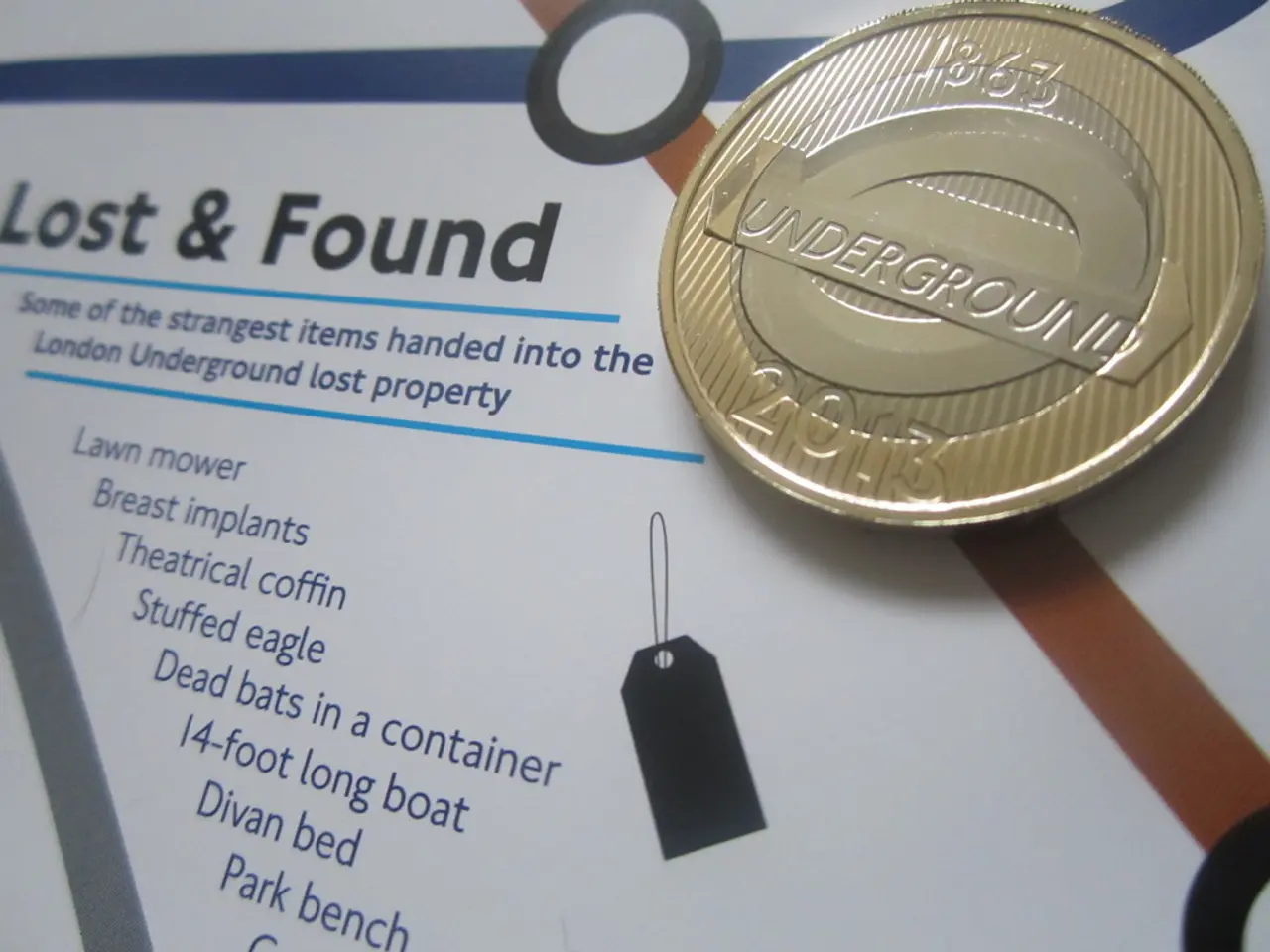Strategies for Building a Profitable Forex Service While Ensuring Compliance with AML/KYC Regulations Across Various Nations
Forex brokers operating worldwide are subject to a variety of Anti-Money Laundering (AML) and Counter-Terrorism Financing (CTF) regulations, designed to prevent illicit activities and ensure transparency. Here's a summary of key AML/CFT regulations in various countries.
United States
In the USA, the Financial Industry Regulatory Authority (FINRA), Securities and Exchange Commission (SEC), and Commodity Futures Trading Commission (CFTC) enforce strict AML standards. Brokers need to collect essential information such as names, dates of birth, addresses, and identification numbers (typically a Social Security number). They must also establish robust Customer Due Diligence (CDD) and Know Your Customer (KYC) procedures, and enact an AML policy for forex trading. Non-compliance can result in hefty fines exceeding $1,000,000.
United Kingdom
The Financial Conduct Authority (FCA) governs the UK's financial sector. Brokers need to collect names, addresses, photographs on official documents, and utility bills, bank statements, among other official documents. They must also verify the identities of individuals and the nature of the company, purpose of transaction, and beneficial ownership information. Failure to comply with CDD requirements can result in fines over £1,000,000.
European Union
Under the Anti-Money Laundering Authority (AMLA) and national supervisors, EU brokers must adhere to updated AML/CFT frameworks. Starting from the end of 2024, crypto-asset service providers and e-money institutions will fully comply with EU AML/CFT rules, including risk assessments and controls. There's a focus on monitoring terrorism financing risks and sanction screening beyond simple list checks.
Cyprus
The Cyprus Securities and Exchange Commission (CySEC) is the financial regulatory agency of Cyprus that oversees and provides licenses to forex brokers. Brokers need to comply with CDD requirements, verifying identity details of individuals, including names, addresses, professions, and proof of identity through documents or video selfies. Non-compliance can result in an administrative fine of up to €200,000 and an additional fine of up to €1,000 per day if the offense continues.
Malta
The Malta Financial Services Authority (MFSA) is the regulating authority for all forex brokers in Malta. Brokers need to collect and verify essential information such as names, addresses, registration numbers, office addresses, members of the board of directors, and beneficial owners. Non-compliance can result in fines up to €5,000,000 or the equivalent of 10% of total annual turnover.
Japan
Japan enforces very strict onshore regulations through the Financial Services Agency (FSA). Brokers must obtain a Type 1 Financial Instruments Business License and maintain local offices with at least one resident director experienced in financial services. Leverage caps are tightly regulated, with an official maximum of 25:1. These strict rules ensure robust KYC and AML/CFT compliance.
Germany
Forex brokers in Germany must comply with the German Money Laundering Act (GwG) as interpreted and applied by BaFin (Federal Financial Supervisory Authority). BaFin guidelines require brokers to have calibrated monitoring systems for AML/CFT compliance. Germany also enforces U.S. sanctions such as those involving Foreign Sanctions Evaders (FSE) to prevent prohibited transactions.
Singapore
The Monetary Authority of Singapore (MAS) regulates forex brokers with strong AML and CTF guidelines. Brokers must hold capital markets services licences and are subject to regulatory oversight including KYC verification and transaction monitoring. MAS maintains a public register to verify broker licensing status.
Offshore Locations (Seychelles, Costa Rica, St. Vincent and The Grenadines)
Some brokers in these jurisdictions operate under light or Tier 3 regulations with minimal AML/CFT oversight. These locations often provide lax regulatory environments allowing deposits without full identity verification initially. When regulated, compliance focuses on alternative fraud detection measures instead of traditional KYC, though risks of non-compliance or fraud are higher.
Always verify the brokerage’s specific licensing and AML status in the relevant jurisdiction before engaging in any transactions. When establishing a business relationship with a client, the first (and most important) CDD measure is to perform KYC. Verification of identities shall be carried out through documents or non-documentary methods in the USA.
- In the aerospace industry, companies must adhere to strict regulations to prevent illicit activities associated with financing, ensuring transparency.
- Investing in the stock market requires personal-finance management and a thorough understanding of financial regulations, such as AML and CTF.
- Adherence to AML/CFT regulations is essential for home-and-garden businesses to safeguard against money laundering and terrorism financing.
- Food-and-drink establishments are also subject to financial regulations to prevent illicit activities and ensure transparency.
- The travel sector faces similar regulatory requirements as forex brokers, with AML and CTF playing crucial roles in maintaining transparency.
- Education-and-self-development platforms must conform to financial regulations to prevent money laundering and ensure compliance with KYC procedures.
- Casinos and gambling businesses are required to enforce strict AML standards to prevent illicit activities and guarantee transparency.
- Real-estate businesses must adhere to AML/CFT regulations to prevent money laundering, particularly when dealing with luxury properties.
- Data-and-cloud-computing companies require robust KYC and AML/CFT compliance for financial transactions, given the growing reliance on digital payment systems. Additionally, technology firms should consider weather updates as part of their risk assessment to ensure business continuity during adverse weather conditions.




